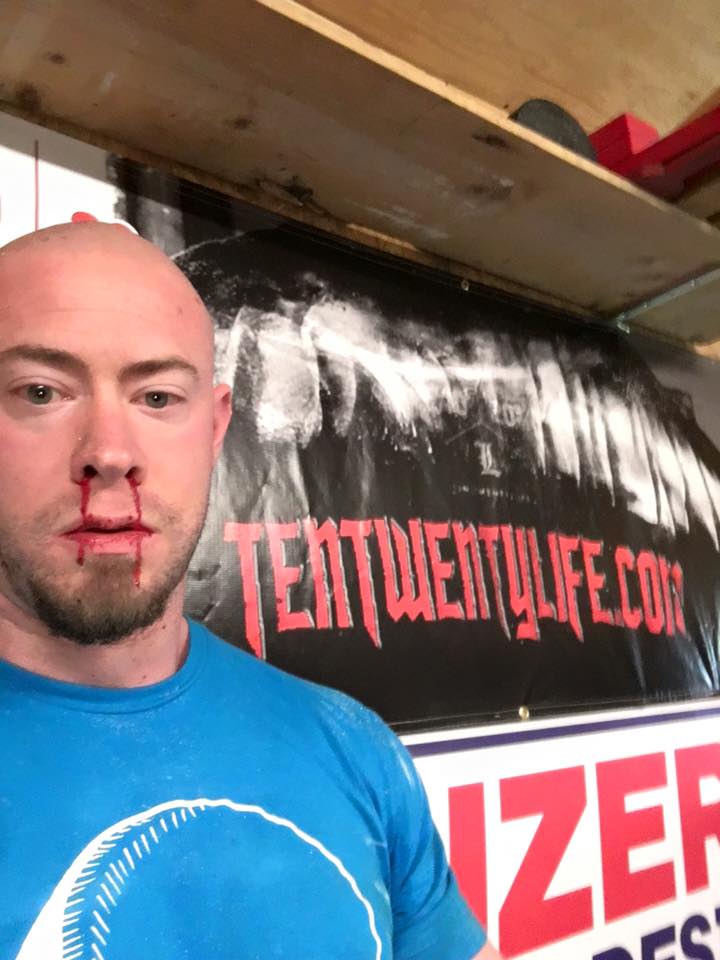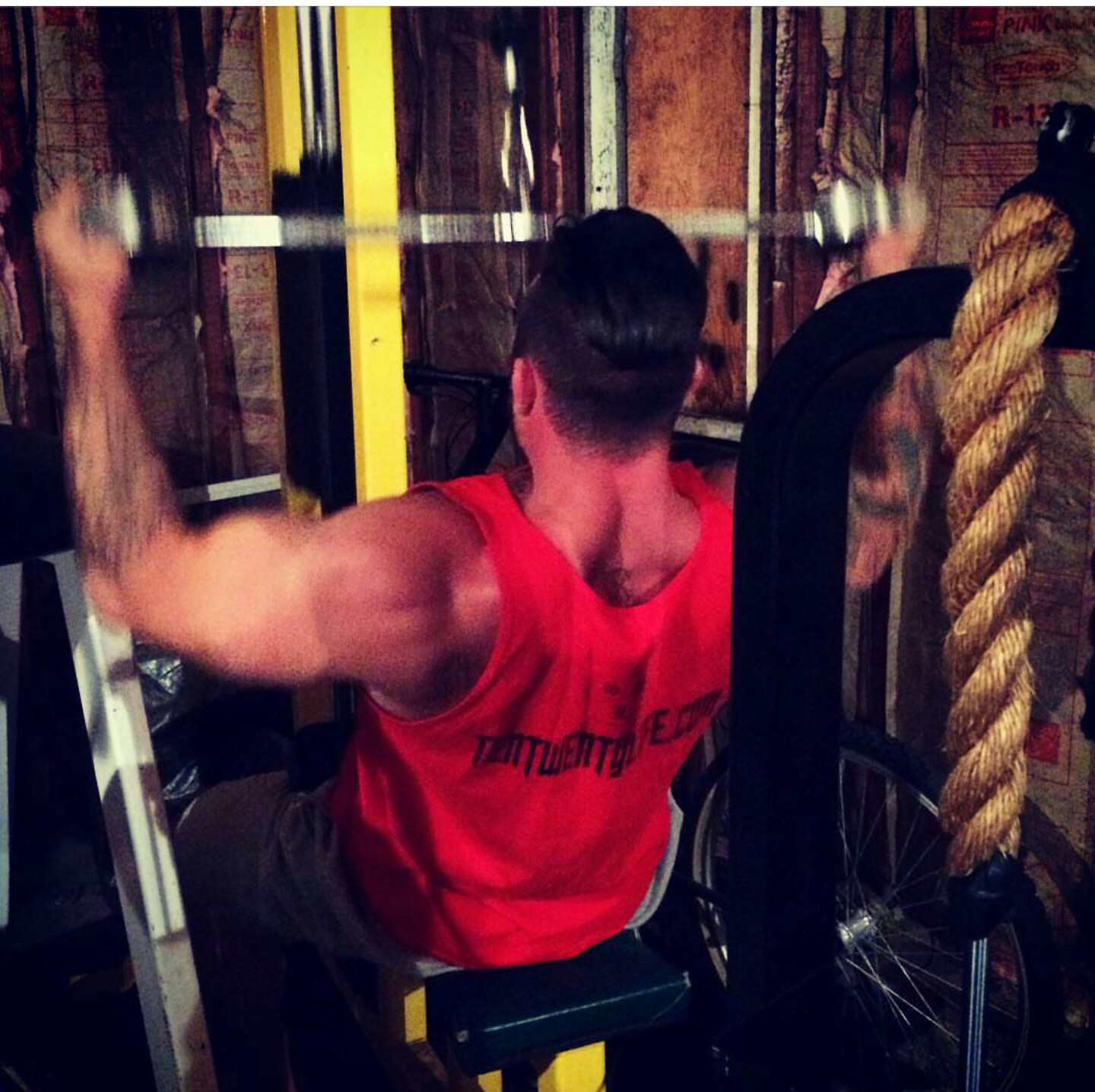
20 Oct Log, Track & Repeat-The Importance of Keeping a Training Log
By: Will Kuenzel
Progress isn’t always linear, unfortunately. How then do we measure our progress in those times when PR’s aren’t abundantly flowing? It’s not always easy and sometimes it takes a closer look. Our memories are not the most reliable when it comes to keeping track of minute training details.
[wa-wps]
Can you remember what you were doing for your second assistance exercise 3 months ago? How about the weights, sets, and reps? Did it work? Why or why not? The answer to those questions might be important. A log or notebook is a great way to help answer those questions. If you follow the 10/20/Life philosophy (and I hope you do) then it helps to remember what your top set of 5 was from week 1. If I go back weeks later and I want to beat that, what was it? Numbers aren’t always percentages based off 1RMs. Sometimes as the RPE’s change with the sets and reps, it’s a lot of numbers to keep in your head.
As we progress through our training years, we often lose track of exercises that worked or had a profound effect. As our weak points change we have to adapt to remedy them. Exercises change, rep schemes change, but if we find something that works, we should make note of it. Where do you keep track of your successes, or failures? It doesn’t have to be written down. In this day in age there’s tons of ways to keep track but keeping track is important. Keep a blog, keep it on your phone, write it down; just keep a record of it somewhere.
As a personal trainer, I do this for my clients. Many, however, still prefer to keep their own logs for their own reasons. How they felt that day, queues I used that worked well, things to remember, and even just for their own when I’m not around. I also give a majority of my client’s homework to do on their own. They need to have something to keep track of that with. I recommend a training log to everybody that steps through the door.
Most of my training partners all follow the same routine. We all do a lot of the main movements together but then when it comes to assistance stuff, everybody is a bit different. I’ve either specified something different for them to do based on their weaknesses or there is something more appropriate for based on their personal history (injuries, contraindications, etc.).
I’m good at what I do and I’m good with numbers. But I’m not perfect, so I tell my guys they need to have a backup. I’m not always around. Plus it never hurts to go back and review notes every couple months. I might miss something, they might have found something that really helped, but whatever the case may be, if a log or notes weren’t available, then we might not know.
It takes some time to establish a baseline. It takes time to figure out what works. Inadvertently, sometimes we end up moving away from those things that do work. It’s not intentional but as we try new things, we may lose sight of what has helped us the most. A nice review can help to set things right. Keep things in perspective at all times and keep a training a log of some kind.
Low Country Strength
Latest posts by Low Country Strength (see all)
- LCS Off Season Week 7, Session 1-3 - February 20, 2019
- LCS Off Season Week 6, Session 1-3 - February 20, 2019
- LCS Off Season Week 5, Session 1-2 - February 20, 2019








Sorry, the comment form is closed at this time.